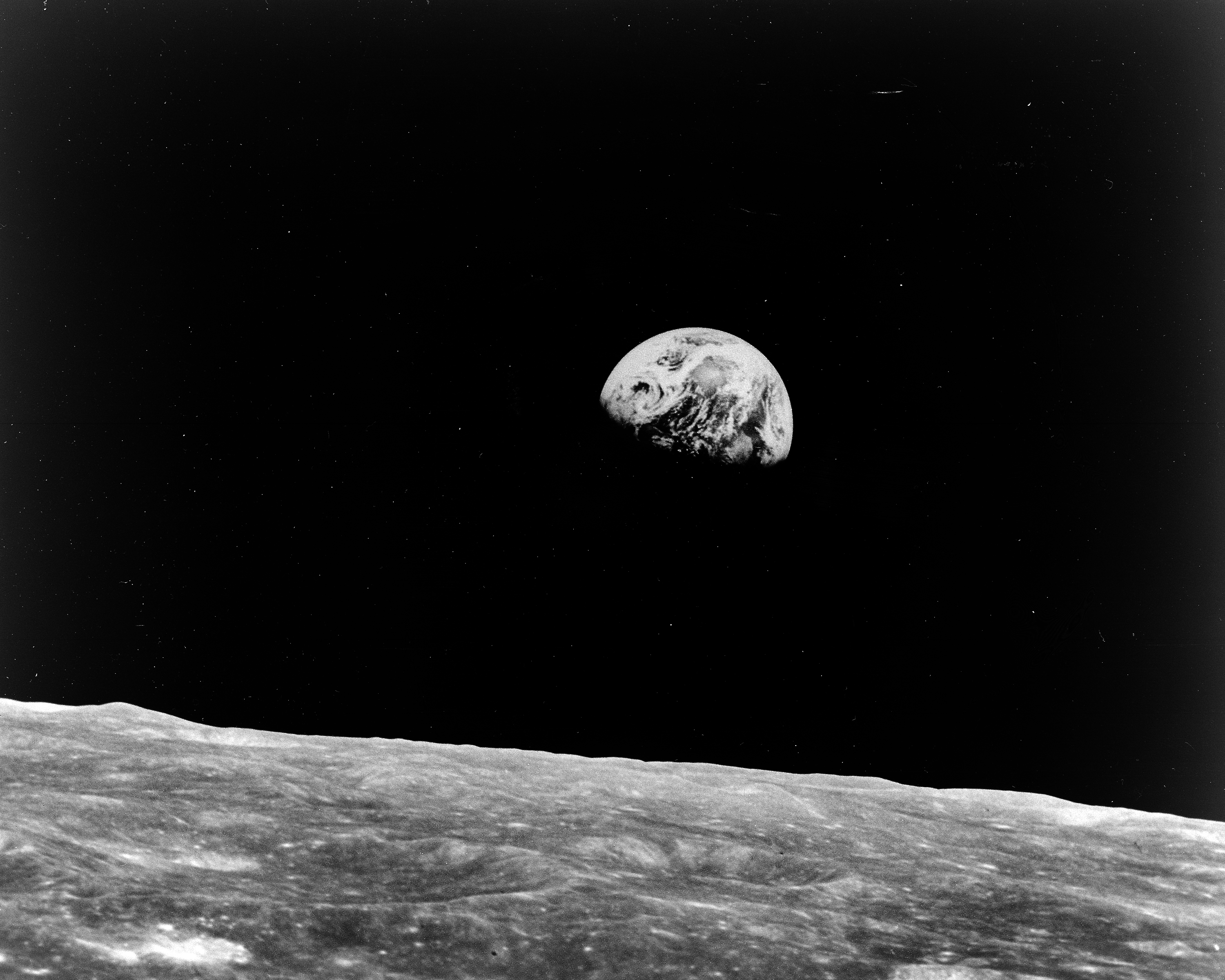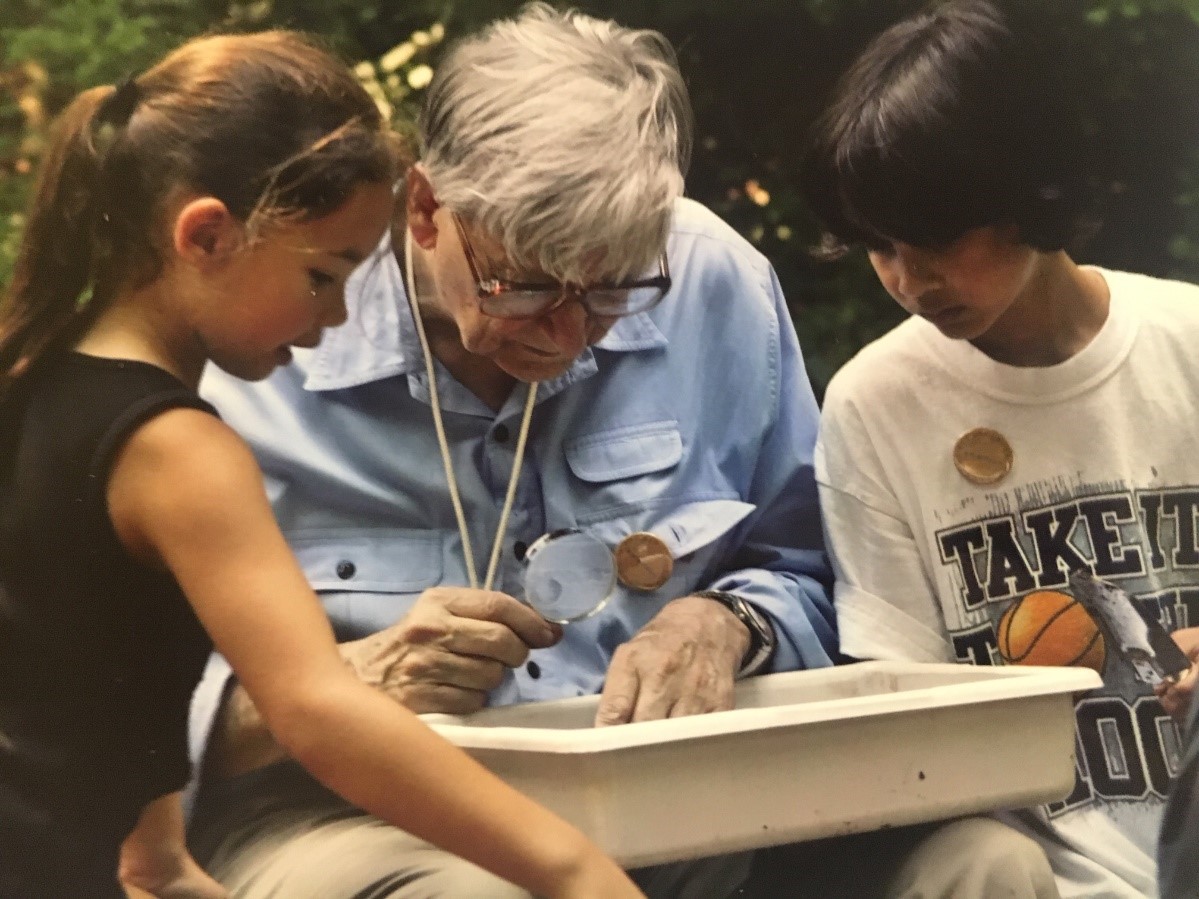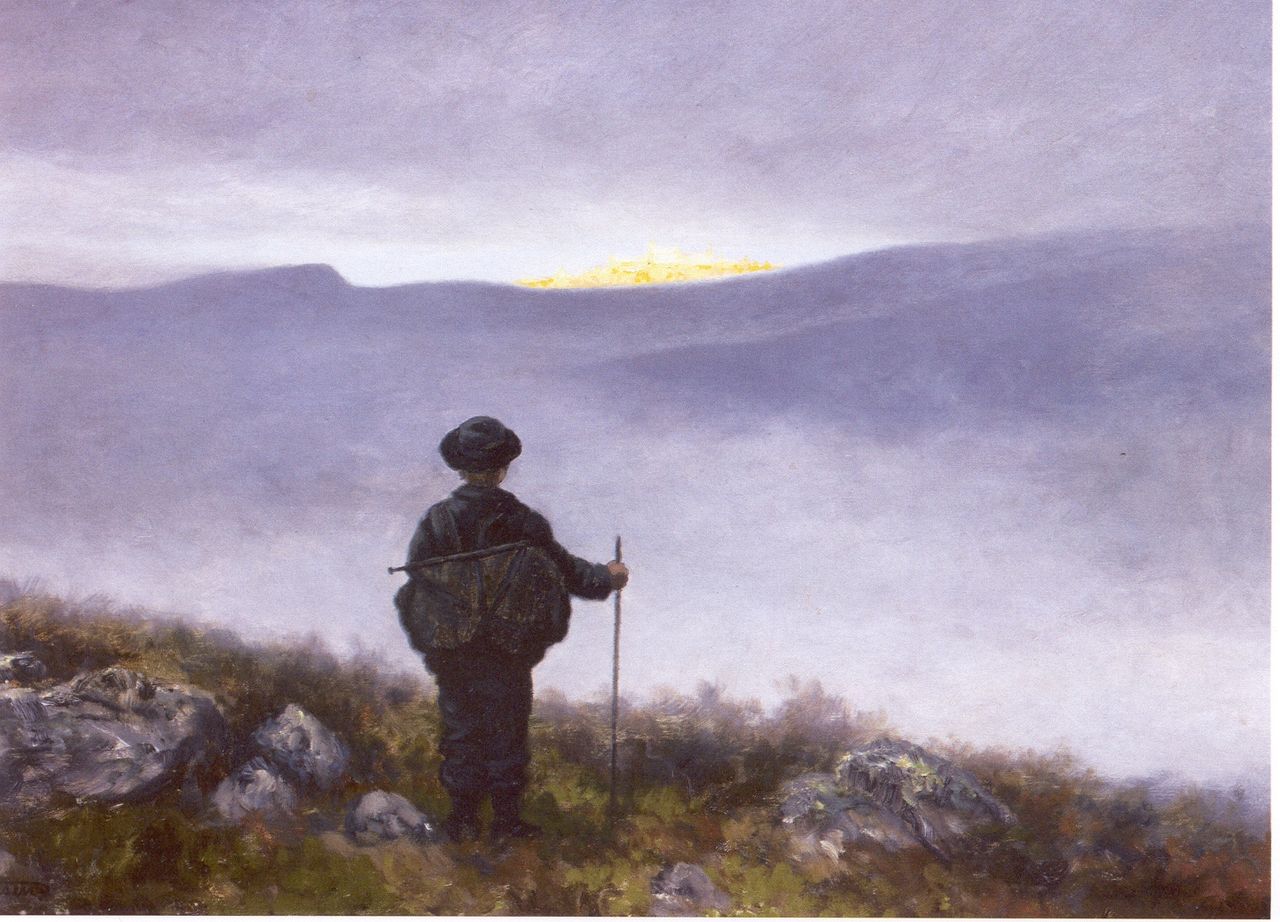Imaginings
stories, creative nonfiction, poetry, and other imaginative accounts of the natural world
-
Provocations of the Planetary: Ed Roberson’s Poetry of Scalar Disjunction

By Thomas Storey: The African American poet Ed Roberson’s (b. 1939) work engages with this incommensurability, this simultaneous continuity and discontinuity, by facing up to ways in which we are alienated from our planetary being. His poetry therefore offers a response to alterity, opacity, and the sublime realization of one’s place within a magnitude that…
-
Nature and Me Make Two: The Genesis of Biophilia

By Dennis Liu: While the identities we don are deeply personal, their effects resonate in public, profoundly impacting our families and friends, our communities, and ultimately nations and societies. Two twentieth-century scholars, German-US social psychologist Erich Fromm (1900–1980) and US biologist E. O. Wilson (1930–2022), despite highly divergent backgrounds and training, converged on the importance…
-
Book Review: Quest for the Unity of Knowledge, by David Lowenthal

by Eugenio Luciano “Two modes of understanding dominate the history of ideas. One posits the overarching unity of knowledge, the other cherishes its multifarious diversity. Unity is the goal of those who seek a single all-encompassing explanation of everything. Diversity is lauded by those who commend difference and variety as life-enhancing” (p. 1). This is
-
Communicating the Climate: How to Communicate Scholarly Findings on Climate and Weather in a Controversial Time
Workshop Report (Rachel Carson Center, Munich, Germany, 18 August 2017) by Katrin Kleemann On 18 August 2017, the RCC hosted a workshop on the challenges and goals of communicating climate research. The workshop was organized by two RCC doctoral candidates, Jeroen Oomen and Katrin Kleemann, and financed by the European Commission through the Marie Curie
-
Knowing Nature: The Changing Foundations of Environmental Knowledge
Conference Report (Beijing, China, 25–27 May 2017) By Katrin Kleemann Historians like traditions and they like to invent them. Helmuth Trischler, director of the Rachel Carson Center and head of research at the Deutsches Museum, made this remark as he looked back at the conference’s five-year history. In May 2017, international scholars came together in China
-
Student Research: Permaculture – Alternative Agriculture, part 4
Last year, students of the RCC Environmental Studies Certificate Program had the opportunity to attend a three-day workshop with Jochen Koller, Diploma Permaculture-Designer and Director of the Forschungsinstitut für Permakultur und Transition (FIPT). Students gained an insight into the ethics and design principles of permaculture, the diverse spheres of activity, and the practical possibilities. In this short
-
Making Tracks: Paula Ungar
In the “Making Tracks” series, RCC fellows and alumni present their experiences in environmental humanities, retracing the paths that led them to the Rachel Carson Center. For more information, please click here. “Walking the Line between Worlds” By Paula Ungar The first thing I wrote of which I have clear memory is a short verse
-
Environmental Knowledge and Environmental Politics in the “Post-Truth” Era
by Jonathan Clapperton and Liza Piper Nearly one year has passed since we wrote the introduction to the recently released RCC Perspectives volume titled “Environmental Knowledge, Environmental Politics: Case Studies from Canada and Western Europe.” At the time, we wrote in an atmosphere of environmental and progressive social activist optimism: the Paris Agreement had just
-
Student Research: Gardeners
By Veronika Degmayr (Environmental Studies Certificate Program) Whether you’re an academic in the environmental field, an environmental activist, or just a person concerned about the state of our environment, you might at times wonder what good all that science, research, and activism is really doing. How far do published papers actually reach? Do we get to